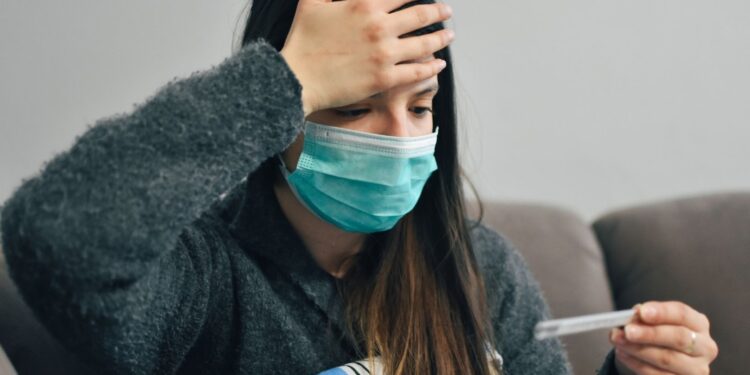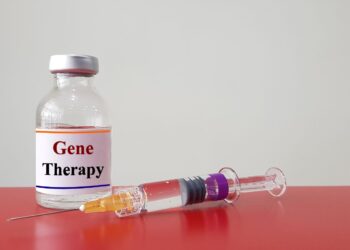If you had contact with someone who tested positive for COVID-19, it’s crucial to take immediate precautions to prevent the spread of the virus. Here are the steps you should take:
Isolate yourself from others to prevent the spread of the virus.
Monitor your symptoms and get tested for COVID-19.
Wear a mask and practice good hand hygiene.
Avoid sharing personal items such as towels and dishes.
If you live with others, stay in a separate room and use a separate bathroom if possible.
Disinfect surfaces and objects that you touch frequently.
Stay informed about the latest COVID-19 guidelines and follow them closely.
Taking these precautions can help protect yourself and others from COVID-19. Remember, everyone has a role to play in preventing the spread of the virus. So let’s work together to keep our communities healthy and safe.
Pro tip: If you are unsure about what to do or have any questions, consult your healthcare provider or local health department for guidance.
Understanding COVID-19 Transmission
The novel coronavirus, also known as COVID-19, is considered highly contagious, making it important to take the right precautions if you have had contact with a person who has tested positive.
It is important to understand the transmission of the virus before we talk about the isolation and precautions for people with COVID-19. This is the key to understanding how to protect yourself and others around you.
Modes of transmission
COVID-19 primarily spreads through respiratory droplets released when an infected person talks, coughs, or sneezes. However, the virus can also be transmitted by touching surfaces contaminated with the virus and then touching one’s face and through airborne transmission in certain settings.
To prevent the spread of COVID-19, it is important to practice good hygiene, such as washing your hands frequently and wearing a mask in public. In addition, if you have been in close contact with someone who has tested positive for COVID-19, it is important to self-isolate and monitor yourself for symptoms for 14 days. Then, if you develop symptoms, get tested for COVID-19 and follow the advice of your local health authority.
Understanding the risk of exposure
COVID-19 is a highly contagious respiratory illness caused by the novel coronavirus. Understanding the risk of exposure is key to preventing its transmission and controlling the spread of the virus.
If you have been in close contact with someone who has tested positive for COVID-19 or are experiencing symptoms yourself, it is important to take precautions to avoid further spreading the virus. Follow these steps to protect yourself and others:
Isolate yourself: If you have symptoms or have been in close contact with a positive tested person, stay home and avoid contact with others for at least 14 days.
Monitor your symptoms: Keep a close eye on them and seek medical attention if they worsen, especially difficulty breathing.
Practice good hygiene: Wash your hands frequently with soap and water, and cover your mouth and nose with a tissue or elbow when coughing or sneezing.
Wear a mask: Wear a face mask if you have symptoms, are in close contact with others, or need to leave your home for essential activities.
Taking these precautions can help slow the spread of COVID-19 and protect yourself and those around you.
Symptoms to look out for
With the ongoing pandemic, it’s essential to understand the symptoms of COVID-19 to take precautions and isolate if necessary.
Common Symptoms
– Fever or chills
– Cough
– Shortness of breath or difficulty breathing
– Fatigue
– Muscle or body aches
– Headache
– New loss of taste or smell
– Sore throat
– Congestion or runny nose
– Nausea or vomiting
– Diarrhea
If you experience any of these symptoms, isolating yourself and getting tested as soon as possible is crucial. Likewise, if you’ve had contact with someone who tested positive for COVID-19, monitoring yourself for symptoms and getting tested immediately is essential. In addition, remember to practice social distancing, wear a mask, and frequently wash your hands to protect yourself and those around you.
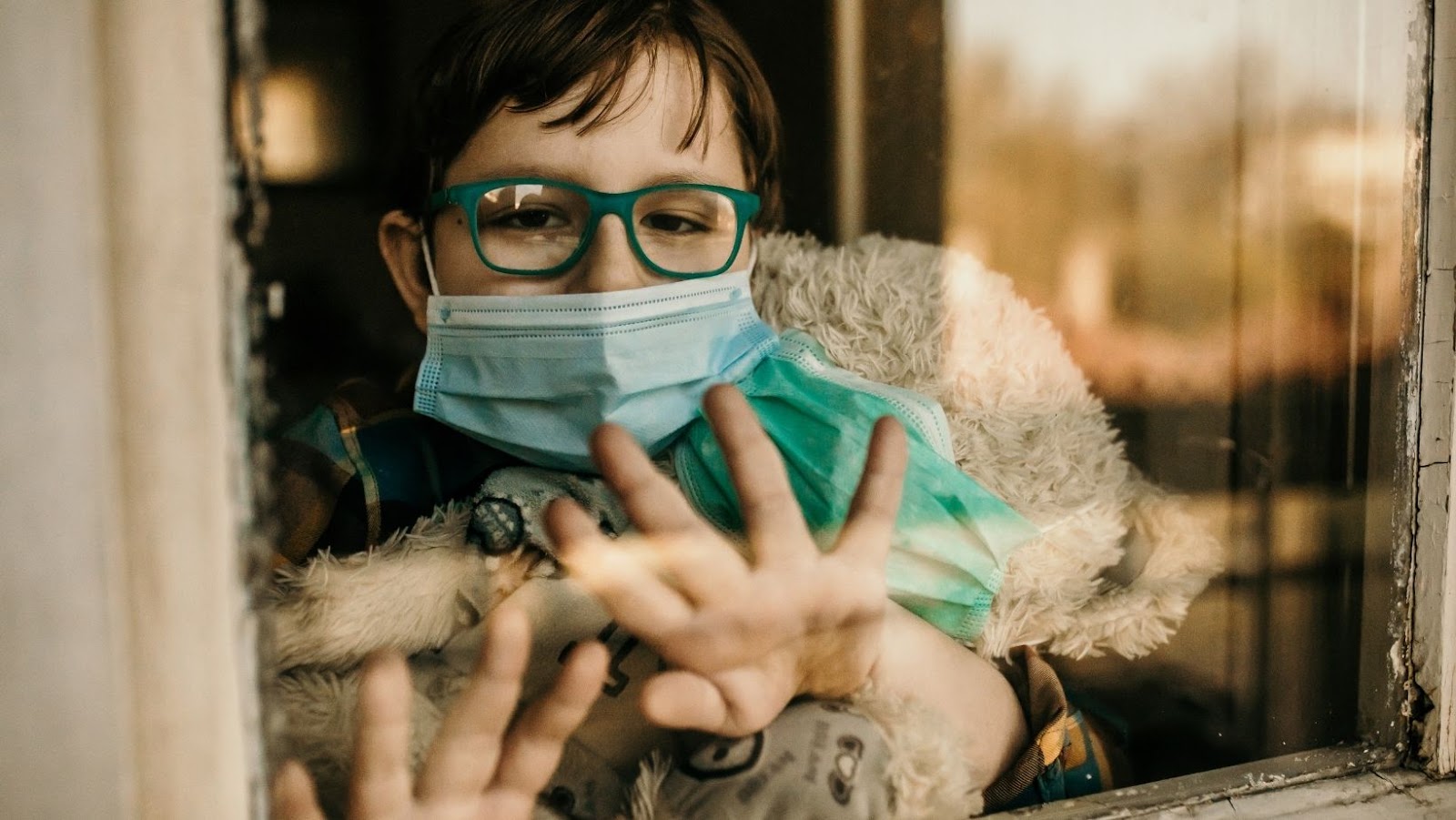
Isolation Procedures for COVID-19 Positive Individuals
Suppose you have had contact with someone who has tested positive for COVID-19. In that case, it is important to take the proper steps to protect yourself and others by following the necessary isolation procedures. Isolation helps to reduce the spread of the virus, and these precautions involve certain steps that should be taken by individuals who have come into contact with a positive case.
This article will provide an overview of what should be done in these situations.
Importance of isolation
Isolation is crucial for people who have tested positive for COVID-19 or have come into contact with someone who has tested positive. If you have come into contact with a COVID-19 positive person or suspect that you have been exposed to the virus, self-isolation is the best way to prevent the spread of the disease.
Here are some guidelines to follow:
Stay in a separate room and use a separate bathroom, if possible.
Wear a mask or face covering when interacting with others or leaving your room.
Avoid sharing personal items like utensils or towels.
Wash your hands frequently with soap and water for at least 20 seconds.
Disinfect frequently touched objects and surfaces regularly.
If you develop COVID-19 symptoms, seek medical attention immediately.
Pro Tip: Remember, isolation is important for your health and the safety of others around you. Follow the guidelines properly to protect everyone from the virus.
How to isolate yourself at home
Isolation procedures for COVID-19 positive individuals or those who have had contact with a positive tested person can help prevent the spread of the virus. Here are some steps you can follow to isolate yourself at home:
1. Stay in a separate room with good ventilation and access to a window if possible.
2. Use a separate bathroom if available, or disinfect surfaces in the shared bathroom after each use.
3. Avoid contact with household members and pets as much as possible.
4. Wear a mask when around others and when leaving your room.
5. Wash your hands frequently with soap and water for at least 20 seconds.
6. Use disposable plates, cups, and utensils if possible.
7. Clean and disinfect high-touch surfaces daily with a household disinfectant.
8. Monitor your symptoms and seek medical attention if they worsen.
Following these precautions can help slow the spread of COVID-19 and protect the health of those around you.
Pro tip: Stay connected with loved ones through virtual communication to avoid feeling lonely or isolated.
What to do if you live with others
Living with others while being COVID-19 positive requires utmost care and caution to prevent the virus from spreading. Here are some isolation procedures to follow if you or someone you live with has tested positive for COVID-19:
-Isolate in a separate room and use a separate bathroom if possible.
-Wear a mask and gloves if you need to be in shared spaces.
-Frequently clean and disinfect high-touch surfaces.
-Avoid sharing utensils, dishes, and other personal items.
If you’ve had close contact with someone who has tested positive for COVID-19, it’s important to take the necessary precautions to prevent the spread of the virus. These include:
-Quarantine for 14 days and monitor your symptoms.
-Follow the isolation procedures mentioned above if you experience symptoms or test positive.
It’s crucial to follow these procedures and take necessary precautions to help prevent the further spread of COVID-19.
Precautions for People Who Had Contact with a COVID-19 Positive Person
Understandably, it can be a stressful experience if you have had contact with someone who tested positive for COVID-19. To protect yourself and others, you should take certain precautions to reduce the risk of transmission.
This article will cover the necessary precautions to take after having contact with a positive tested person with COVID-19.
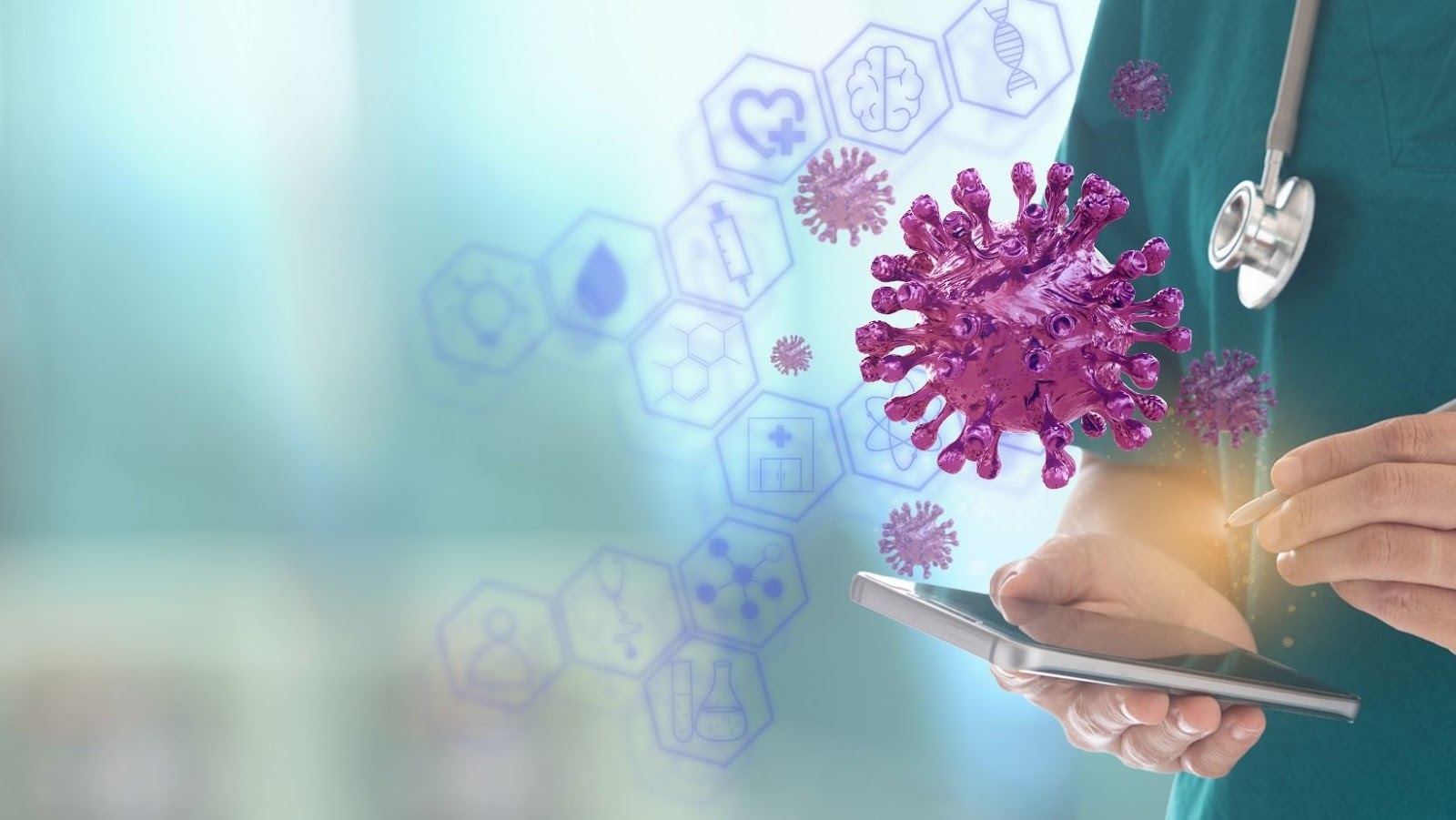
What is considered ‘close contact’
In COVID-19, “close contact” is defined as being within six feet of an infected person for 15 minutes or more over a day. This includes being directly coughed or sneezed on, touching a surface or object contaminated with the virus and then touching your mouth, nose, or eyes.
If you have had close contact with a COVID-19 positive person, you should self-isolate for at least 14 days and monitor yourself for symptoms such as fever, cough, and shortness of breath. Stay in a separate room and use a separate bathroom if possible. Wear a mask around others or pets, and avoid sharing household items. Call your healthcare provider if you develop symptoms.
Pro tip: If you have tested positive for COVID-19, it is important to inform anyone you have had close contact with so they can take necessary precautions to prevent further virus spread.
When to self-quarantine
If you have come in close contact with someone who has tested positive for COVID-19, you will need to self-quarantine for 14 days to prevent the spread of the virus. This means isolating yourself from others to avoid transmitting the virus, even if you are not showing any symptoms.
Here are some indicators that can help you determine if you need to self-quarantine:
You have been within 6 feet of someone who has COVID-19 for more than 15 minutes
You have had physical contact with someone who has COVID-19 (hugged or kissed them)
You have shared utensils or drank from the same glass as someone who has COVID-19
If you experience any symptoms of COVID-19, such as fever, cough, or difficulty breathing, seek medical attention immediately.
Remember, self-quarantine is crucial to prevent further spreading the virus to vulnerable individuals in our communities.
Steps to take during self-quarantine
Self-quarantine is necessary if you have come in contact with a COVID-19 positive person. Here are some steps you should follow to keep yourself and others safe from the virus during self-quarantine:
Stay at home and avoid any contact with people who live with you.
Wear a mask when you are around other people, including household members.
Wash your hands frequently with soap and water for at least 20 seconds, or use alcohol-based hand sanitizer.
Avoid sharing personal household items, such as dishes, drinking glasses, towels, or bedding, with others in your home.
Monitor your symptoms closely and seek medical attention if they worsen.
Stay informed about the latest guidelines from public health authorities and follow them closely.
Remember, self-quarantine is the responsible thing to do if you’ve been in contact with a positive COVID-19 person. Following these steps can help protect yourself and others from the virus.
Precautions for Essential Workers Who Had Contact with a COVID-19 Positive Person
If you are an essential worker and had contact with someone that tested positive for COVID-19, there are some precautions you should take to protect yourself and others. This article will explain what you should do and how to minimize the risk of contracting and spreading the virus.
Understanding essential workers
Essential workers perform critical jobs during a crisis or disaster, including healthcare providers, emergency responders, and foodservice workers. They are vital to maintaining our society’s infrastructure and ensuring that essential services and supplies are available to the public.
During the COVID-19 pandemic, essential workers are at a heightened risk of exposure to the virus. If an essential worker has come into contact with someone who has tested positive for COVID-19, taking precautions to prevent the virus’s spread is essential.
The worker should quarantine for 14 days and monitor for symptoms. If symptoms develop, seeking medical attention is crucial. Wearing personal protective equipment (PPE) and practicing good hygiene can also help prevent the virus’s spread.
Essential workers are selfless heroes who put their lives on the line to serve others. We owe them to take every necessary precaution to protect their health and well-being.
When to self-monitor and self-quarantine
If you had contact with a COVID-19 positive person, it is important to self-monitor for symptoms and self-quarantine as a precautionary measure.
Self-monitoring involves monitoring your temperature, symptoms, and overall health for signs of COVID-19. It is recommended to self-monitor for 14 days after your last contact with the positive person. If you develop symptoms such as fever, cough, or difficulty breathing, you should isolate yourself from others and seek medical attention immediately.
Self-quarantine involves staying at home and avoiding contact with others as much as possible. This measure is recommended for people who have been in close contact with a positive person but are not showing symptoms. Self-quarantine typically lasts 14 days to prevent the spread of the virus to others.
Remember that following these measures is crucial in preventing the spread of COVID-19 and keeping yourself and others safe.
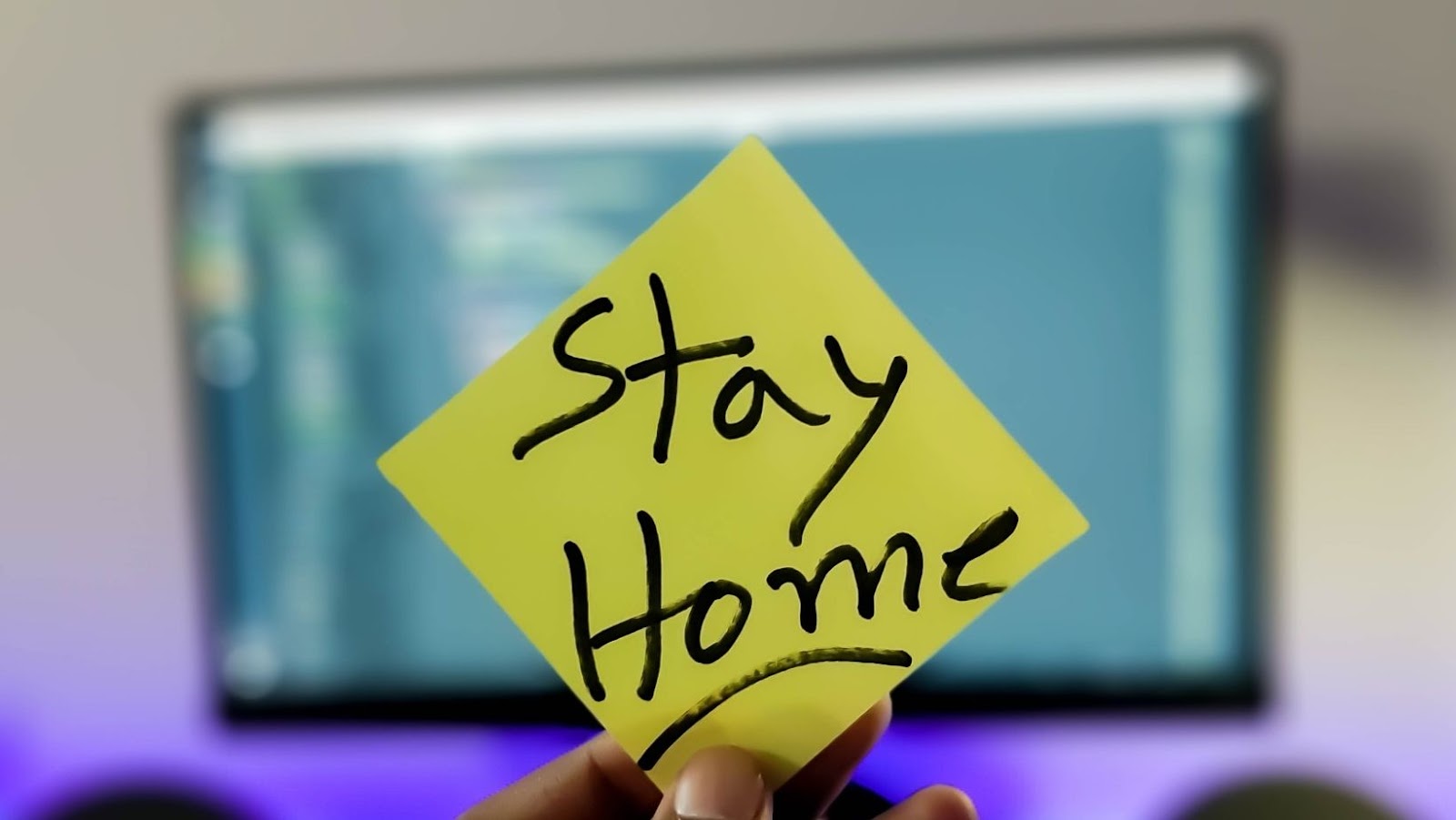
Information on COVID-19 testing
The best way to know if you have COVID-19 is to get tested. COVID-19 testing is crucial to determine if you are infected and prevent further virus spread.
If you are an essential worker who had contact with a COVID-19 positive person, take these precautions:
1.Stay home if you are feeling unwell.
2.Wear a mask at all times.
3.Frequently disinfect common surfaces.
4.Wash your hands regularly with soap and water for at least 20 seconds.
If you had contact with a positive tested person and are now in isolation, there are several things you can do to limit the spread of the virus:
1.Stay home and do not leave except for medical care.
2.Wear a mask around others, even at home.
3.Avoid sharing personal items.
4.Wash your hands regularly with soap and water for at least 20 seconds.
5.Regularly disinfect high-touch surfaces.
Following these precautions can help stop the spread of COVID-19 and keep you and your loved ones safe.
Precautions for Businesses with Confirmed COVID-19 Cases
As businesses begin to re-open, employers need to be aware of the precautions they need to take to protect their employees from potential exposure to the coronavirus. For example, if an employee has been in contact with someone who tested positive for COVID-19, businesses must take specific steps to protect their workers and prevent the spread of the virus.
The following is a brief overview of the measures businesses should take if an employee has been in contact with a positive COVID-19 test result.
Cleaning and disinfecting guidelines
Cleaning and disinfecting guidelines are crucial in preventing the spread of COVID-19 in public spaces, especially for businesses with confirmed cases. If you’ve had contact with a positive tested person, the following steps can help mitigate the risk of infection:
– Isolation: Stay at home and avoid contact with others for at least 14 days after your last exposure to the infected person. If you’re experiencing symptoms, seek medical attention immediately.
– Precautions: Wear a face mask, wash your hands frequently, and practice social distancing. Monitor your symptoms and seek medical attention if they worsen.
For businesses with confirmed cases, the following cleaning and disinfecting guidelines are recommended:
– Close off areas used by the infected person.
– Open windows and doors for ventilation.
– Clean and disinfect all surfaces using EPA-approved products.
– Inform other employees of possible exposure and provide training on COVID-19 safety protocols.
By following these guidelines, we can limit the spread of COVID-19 and protect ourselves and our communities.
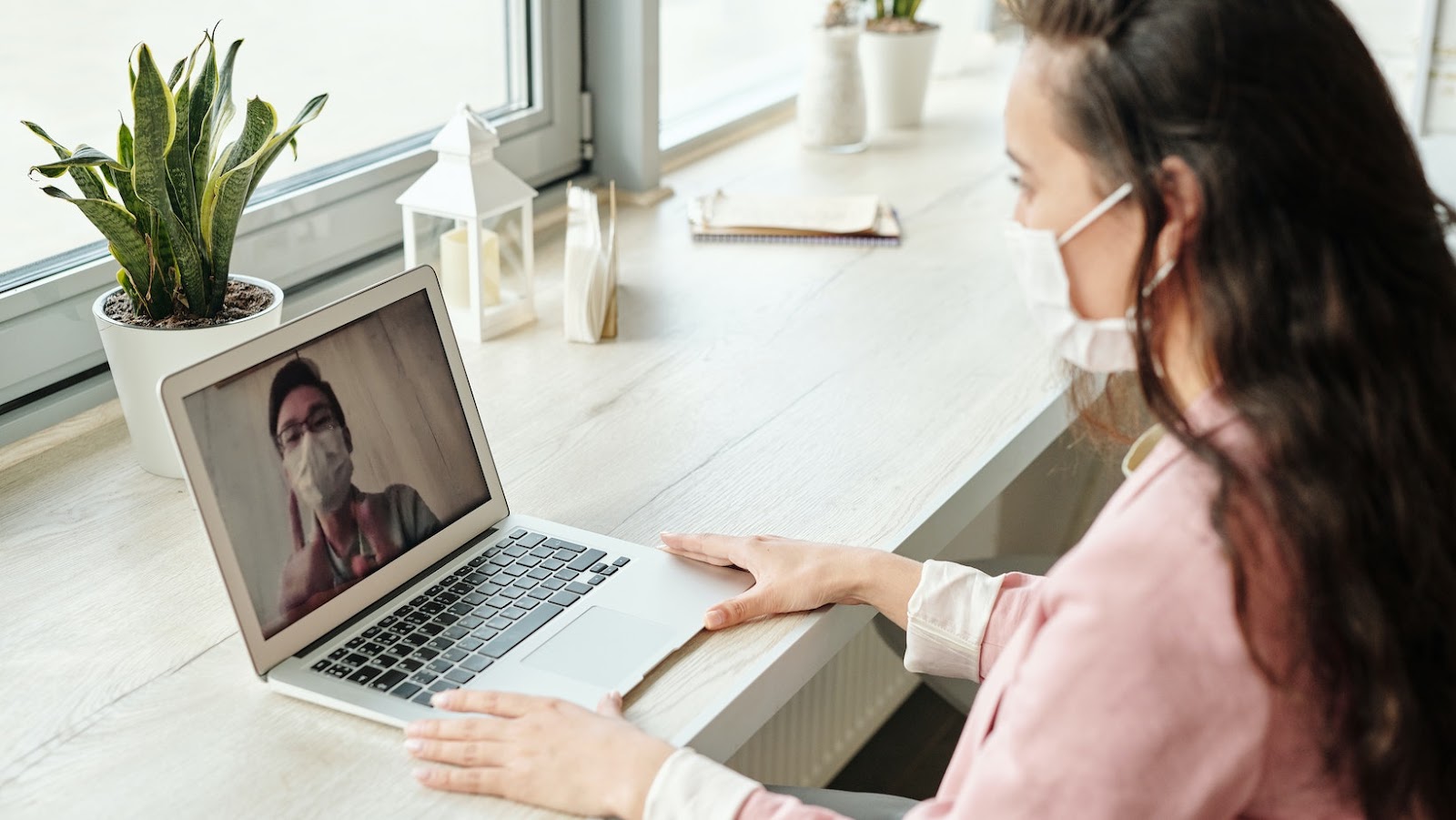
How long do i need to self isolate if you are a contact of a person who tested positive for covid-19
Effective communication with employees is crucial for businesses dealing with confirmed COVID-19 cases. If someone in your workplace has tested positive for COVID-19, it’s important to take immediate action and communicate clearly with your employees to minimize the spread of the virus.
Isolate the infected person immediately and ensure they seek medical attention.
Identify and notify all employees who may have had close contact with the infected person, recommend that they self-isolate for 14 days, and get tested for COVID-19.
Maintain confidentiality and privacy of employees’ personal health information as per the applicable laws and regulations.
Ensure timely and accurate communication with employees regarding updated safety protocols, including remote work options, cleaning procedures, and any other changes in operations.
Encourage employees to practice good hygiene, self-monitor symptoms, and seek medical attention if necessary.
Pro tip: In dealing with COVID-19 cases, timely communication and preventive measures can help prevent outbreaks and keep employees safe.
Return to work policies
Return to work policies are crucial for businesses during the ongoing COVID-19 pandemic. To ensure the safety of employees and prevent the spread of the virus, businesses need to have a clear plan in place for dealing with confirmed COVID-19 cases.
If an employee tests positive for COVID-19, the business should immediately isolate the affected employee and notify anyone who has come into close contact with them. Those with contact with the positive employee should quarantine and monitor themselves for symptoms for 14 days.
Employees who have tested positive for COVID-19 should not return to work until they have fully recovered and have met the guidelines set forth by health officials. Businesses should also thoroughly clean and sanitize areas where the affected employee may have been.
By following these precautions and guidelines, businesses can help prevent the spread of COVID-19 and keep their employees safe during these uncertain times.
Conclusion and Additional Resources
Once exposed to someone who has tested positive for COVID-19, it is important to protect yourself, like self-isolating and wearing face masks. These steps can help prevent spread of the virus and protect yourself from contracting the virus.
In this article, we will summarize the key points to consider and additional resources that can help you protect yourself and others.
Recap of key points
Here’s what you need to know to recap the key points from this article on isolation and precautions for people with COVID-19.
Suppose you have had contact with a person who tested positive for COVID-19. In that case, following the recommended guidelines for self-isolation, social distancing, and monitoring any symptoms that may develop is important.
The Centers for Disease Control and Prevention (CDC) recommends staying home for 14 days after your last contact with someone who has COVID-19, even if you test negative for COVID-19 during this time.
During this period, you should also monitor your health, wear a mask, and practice social distancing to avoid passing the virus on to others.
If you develop symptoms of COVID-19, such as fever, cough, or difficulty breathing, contact a healthcare provider for further guidance.
For additional resources and information on COVID-19, visit the CDC website or contact your local health department.
Links to additional resources
When navigating COVID-19 isolation and precautions, having access to additional resources can be incredibly helpful. Here are a few links to help you further understand how to isolate and what to do if you’ve had contact with a positive COVID-19 person:
1) Center for Disease Control (CDC): The CDC offers guidelines on how long to quarantine and how to protect yourself and others.
2) World Health Organization (WHO): WHO provides information on how to self-isolate, and practical advice for taking care of your physical and mental health during isolation.
3) Local health departments: Check your department’s website for COVID-19 isolation and testing resources and guidance.
Remember, it’s important to stay informed and take action to protect yourself and those around you. Following official guidelines can help slow the spread of COVID-19 and keep yourself and your loved ones safe.
Pro tip: Stay updated with the latest information and guidelines regarding COVID-19 from official sources.
Final thoughts
In conclusion, taking precautions and following isolation measures is crucial if you have been in contact with someone who has tested positive for COVID-19. Some essential steps are self-quarantine, monitoring your symptoms, getting tested, and practicing good hygiene. In addition, it’s recommended to avoid close contact with others for at least 14 days or until you test negative.
Additional resources for more information regarding COVID-19 precautions and isolation measures include the World Health Organization (WHO) and the Centers for Disease Control and Prevention (CDC).
Remember, we are all responsible for preventing the spread of this virus. So stay safe and take care of yourself and those around you.
Pro tip: If you experience severe symptoms, seek medical attention immediately.



